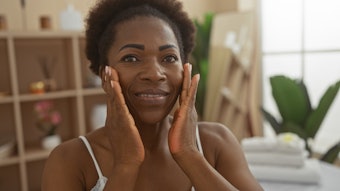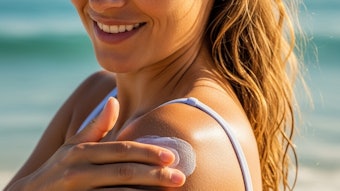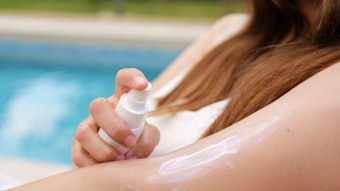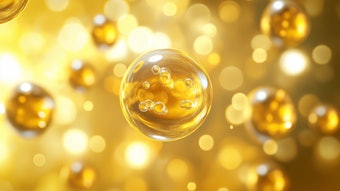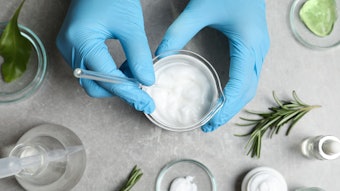Stress is implicated in all relations between organisms and their external environment. Endogenous to each cell, there is an active protection system comprising, among other elements, proteins called “Heat Shock Proteins” (HSPs) or stress proteins.
HSPs represent a heterogeneous group of proteins between 10 and 110 kDa, classified according to their molecular weight.
In normal conditions, these HSPs are implicated in transport, translocation and folding of new synthesized proteins in the cell, and they are often referred to as molecular chaperones.
After a stress, HSP quantity increases and they are involved in the repair of damaged proteins. The HSPs are expressed by both epidermal and dermal cells, after any situation, any stress likely to compromise the cellular survival.
Their constant protective presence is needed in the skin, because skin is the first barrier against external aggressions such as heat shock, UV irradiation and pollutants.
Because of their protective and repairing implications, the stress proteins are a topic of great interest for cosmetics.
Controlling HSP production would enable one to control the cellular stress response and to maintain the cell in an optimal physiological state. Several facts support the approach of boosting HSP synthesis in order to allow the skin to better defend itself against aggressions. First, in aged subjects the heat shock response is attenuated: the aged cells have less capacity to express HSPs upon stress exposure, and lose their self-defense potential.
Secondly, exposure to mild stress results in an increased expression of HSPs, which is followed by a transient state of increased resistance of cells to further stress. This can be considered as a preconditioning of cells, in order to maintain them in an optimal state of reactivity versus stress.
Consequently an “HSP-booster” active ingredient may be used for the protection of the cell, in prevention and repair of stress-induced skin aging.
Therefore, we have developed and tested an active ingredient, which in presence of stress boosts HSP expression improving the skin’s natural defense.
